
Both Dr. Marisa Rollnick and Dr. Linda Marais (that is Dr. Marais in the photo receiving a certificate of appreciation from our delegation and gifts for her program) gave us insights into teaching and learning in South Africa. Imagine trying to teach science with few materials, no water, and sometimes no electricity. On top of that, the teachers are often lacking credntials to teach science and professional development can't be offered during the school day which means it is only available on holidays and weekends, when teachers need to take care of family. Imagine trying to teach students who go home to a home where their parents may be missing for up to a month at a time while they seek work elsewhere and the children become the de facto parents; or even worse, children who live in families devastated by AIDS where they are left to raise their younger siblings. It is so sad, yet these children cherish their education and see it as something very important to their lives.
Imagine trying to teach in a country that has 11 official languages- Zulu (the most frequently spoken), English, Afrikaans, Ndebele, Xhosa, Sepedi, Sesotho, Setswana, SiSwati, Tshivenda, and Xitsonga as well as numerous European languages and other African languages such as Urdu. The primary language used for teaching in the schools is English even though it is not the mother tongue of many students. One of the delegates asked Linda Marais, Director of the TRAC program (see http://www.trac.sun.ac.za/ ) if instructional materials were translated into different languages, much the way they are in our country. The answer was an emphatic NO and the reason was surprising. While acknowledging the difficulties of learning science in a language that is not spoken at home, she also clearly stated the goals of teaching science: to prepare students for jobs, and to live and fully participate in a democratic society.Having students understand science in their native language isn’t the real goal, it’s opening students to opportunity.To do that, they have to know science in English. Particularly for jobs in science and engineering. Thus these subjects are taught only in English and surprisingly, the students we met where quite fluent in the language.







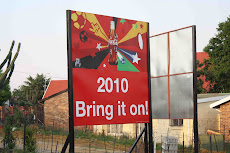

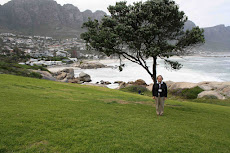


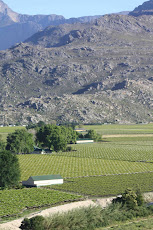
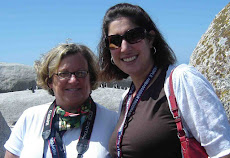
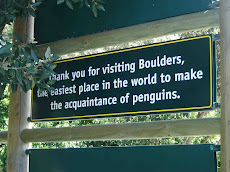


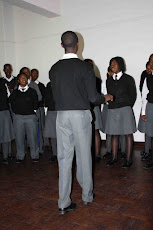

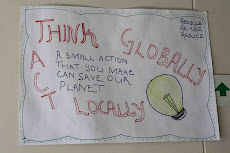
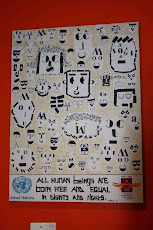
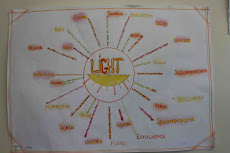





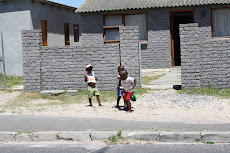
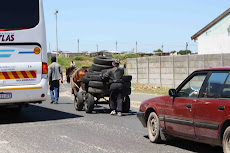
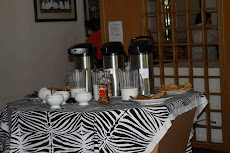



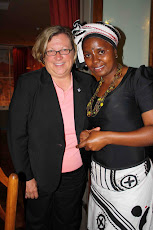
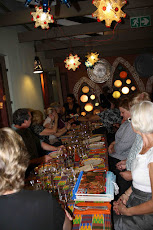
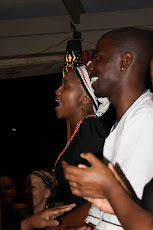



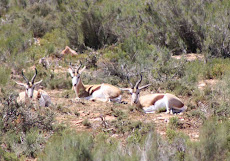
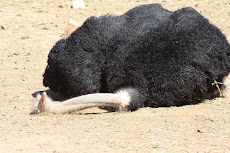

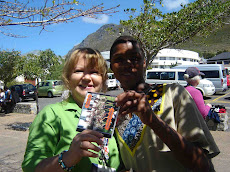


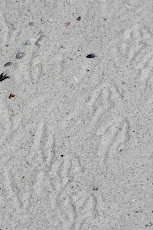

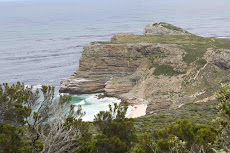
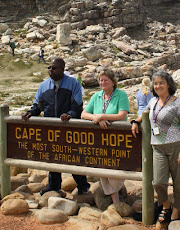
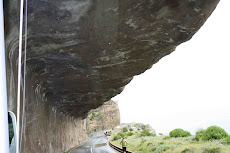
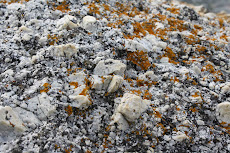

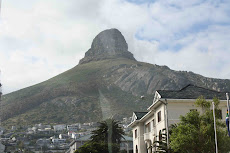
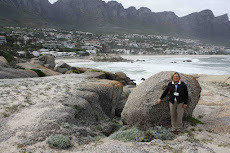
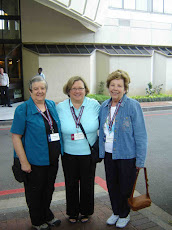
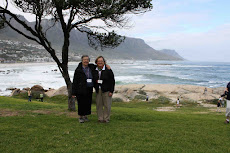


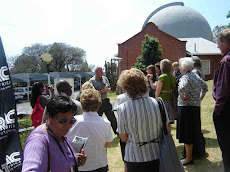
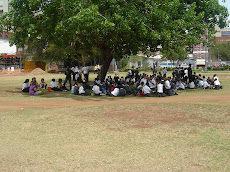
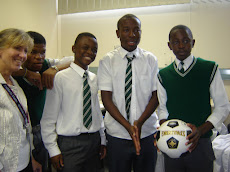
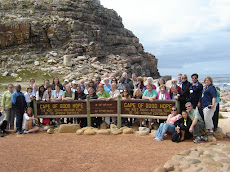
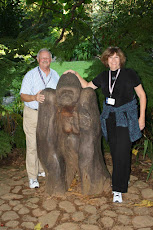
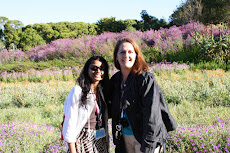
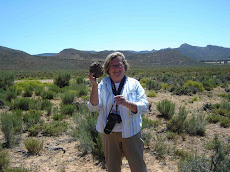

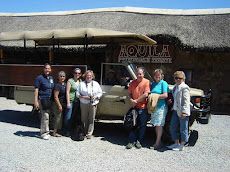
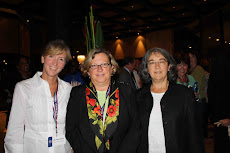
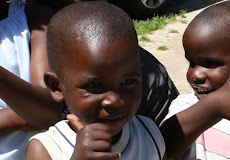

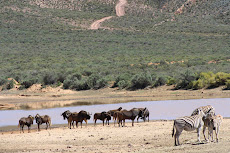




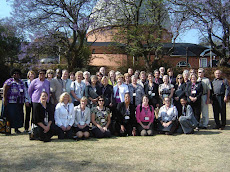

No comments:
Post a Comment